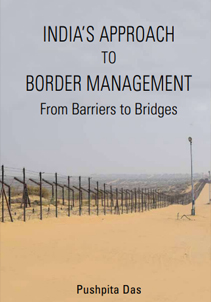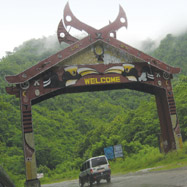Inter-state Border Disputes in Northeast India
The inter-state border disputes in the Northeast have persisted for long. Efforts need to be redoubled to find a political solution, mediated by the Union government, which is binding on all the states concerned in the Northeast.
- Pushpita Das |
- July 29, 2021 |














